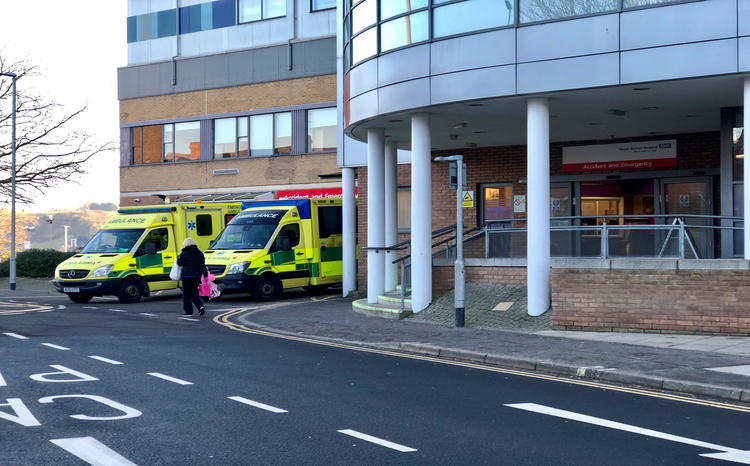Threat to hurl tablets into canal
- 28 April 2015

Clinicians at a central London trust threatened to throw their tablet computers in a canal before confidence was built in adopting mobile working, an electronic patient record clinical lead has said.
Central London Community Healthcare NHS Trust’s clinical lead for implementing TPP’s SystmOne relayed the anecdote at the Tech4Health event in London last week, where she was speaking about the need for clinical engagement when implementing a mobile solution.
The trust used Servelec’s RiO under the National Programme for IT, but announced it was switching supplier to TPP in August last year.
Melissa Andison said one of the early concerns for clinicians was the ability of mobile devices to interact with the trust’s core clinical record, which during the pilot was still RiO.
“The technical complexity of integrating a mobile solution that wasn’t native to our core clinical record caused disruption sometimes and this made clinicians frustrated and affected their confidence in mobile working,” said Andison.
“I had clinicians threatening to throw their tablets in the Little Venice canal.”
Staff initially feared that mobile working could cause isolation and were worried about the security of using mobile and tablet devices in public.
“At the beginning of our projects this resulted in tablets spending a lot more time in office drawers than out in the community,” Andison told the audience.
However, clinicians came around to the idea of mobile working and the trust began to see real benefits, including an increase in patient visits and the time clinicians were able to spend with patients.
“Clinicians in this pilot became comfortable with using the technology,” she said.
“They’d prefer not to go back to paper-based reporting if they had a choice.”
Andison also explained some of the wider benefits of using mobile technology beyond being able to access and update records.
“Clinicians developed a thirst for evidence-based health apps and began to use health promotional material like videos available on the Red Cross app. Teams downloaded apps like WhatsApp to have another way of communicating and clinicians used YouTube to help teach and reinforce exercise programmes.”
To achieve this uptake, you need “clinical engagement from the beginning”, she told the Tech4Health audience, explaining that clinicians are the ones who know their services and patients the best.
“If they can participate in every stage such as choosing the device, looking at workflow analysis, being a part of the solution design, testing and training, it will all be beneficial.
“Identifying clinical leaders to accelerate the change in day-to-day practice is helpful. These champions can serve as role models and will support colleagues.”
Following the success of the pilot the trust announced at the end of March that it had issued 181 smartphones to staff in areas such as physiotherapy, speech and language and occupational therapy. The trust has also provided smartphones to around 300 district nurses.
April Board papers describe the main roll-out planned for the latter half of the year, with 1,200 district nurses set to have access to a mobile device.
SystmOne went live for adult services at the trust last month and is on track to go live for children’s services in June.




